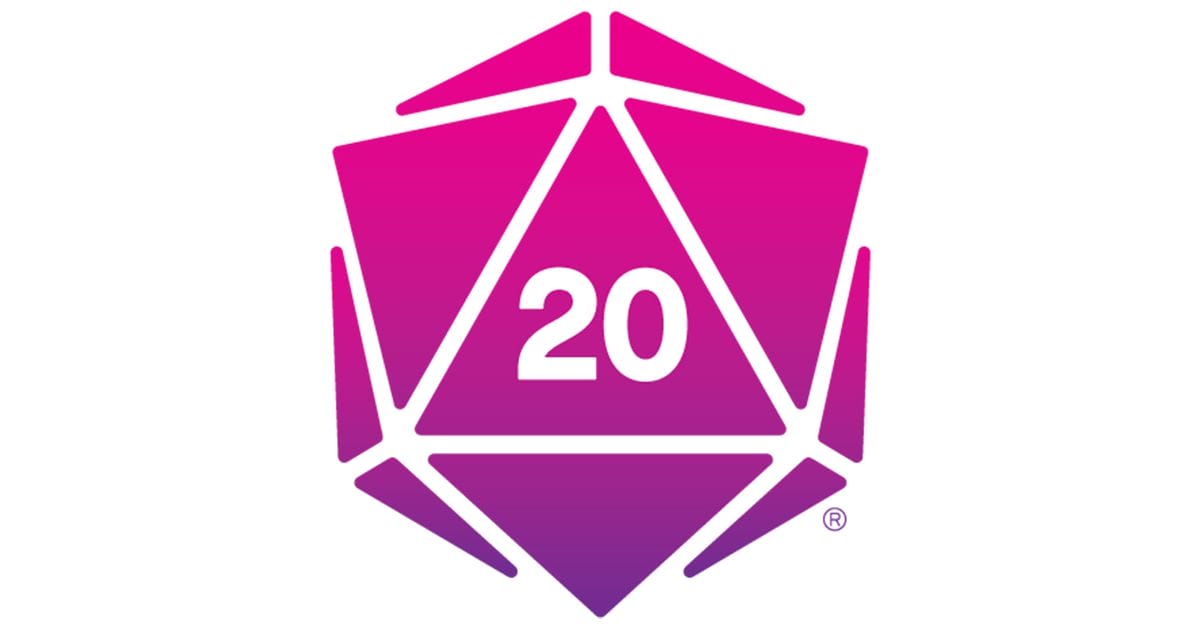Industry-leading virtual table group Roll20 under new management. Polygon could reveal that as of Tuesday, Google veteran Ankit Lal has taken over as CEO. In an exclusive interview, he talks about the challenges his organization has faced over the past two years of the ongoing global pandemic, and how he intends to push the company forward in 2022 and beyond.
Roll20 started in 2012 as a crowdfunding campaign with a new goal – to enable Table Top Role-Playing Games (TTRPGs) like Dungeons & Dragons to be played online. Today it is a full-featured suite of tools, allowing game masters to create a professionally designed home campaign or unit in minutes. Players can join by simply clicking on the web link. Since launch, the platform has been home to over 250,000 campaigns, each with a week or more of cumulative online play time.
In March 2020, the platform became lifeboat For groups that wanted to continue playing safely during the pandemic. But the influx of new users — more than 5 million of them, according to La — halted major upgrades to the suite’s core functions. The company has since tripled in size, growing from just 20 or 25 employees to nearly 60. Lal says he now has two different groups of employees, one for users and one for publishers. This flexibility will help him be smarter in 2022.
“While I can’t go into details of the past, I’ve worked with and managed product teams before, and what I think you’ll see from me is a very deep focus on our users and our publishers,” Lal told Polygon in an interview earlier this month.
In terms of users, Lal said his primary goal is to help recruit two new types of users that Roll20 has attracted over the past two years. “The pandemic has brought in two main people that we have not seen before, and at a much faster rate than anyone expected,” Lal said.
First person is a group of users who are already familiar with TTRPG games, but have never played them online before. For this group, video tutorials and in-app tools are key.
“The second group is what I curiously call the TTRPG,” Lal said. “[They’d say] You’ve heard of Dungeons & Dragons. I’ve heard it’s great. But I’ve literally never played before. […] You can’t just drop it on a blank canvas anymore. You need more setup, you need more tools, you need more accessible tools, and you need better tutorials and how-to guides. “
Roll20 was doing these lessons on youtube at an appropriate pace over the past few months, and will continue to do so. Others on his team will spend time improving the core usability of the group itself. The first thing that kicked off in the 2022 roadmap, Lal said, is the addition of “Picture Placement Logic Tools,” which will allow game owners to more easily drag and drop images or maps onto a virtual tabletop.
The additional focus will continue to be adding more diverse rule sets to the platform.
“We don’t just build for Dungeons & Dragons, but we try to build for the entire tabletop RPG industry,” said Lal. “We have hundreds of games on our platform that people play with. I think we have 800 character cards now. We have over 10,000 SKUs in our market. And so on. While Dungeon & Dragons is the biggest, there is more to it than just D&D.”

Roll20 regularly publishes the Orr Group Industry Report, which details the types of games users play on the Roll20 platform. Since 2019, Fifth Edition D&D continued to dominate, rising from 51.87% of ongoing campaigns to 53.7% of ongoing campaigns in 2022. While Pathfinder continued to decline (from 6.46% to just 3.2%), Call of Cthulhu increased from 9.48% to 11.9% of all campaigns. The setup is very popular in countries like Japan, and represents a new and growing international group of Roll20 users.
It’s “other” and “unranked” games that continue to be an important segment of Roll20’s continued growth, Lall says.
“Nine years ago, eight years ago, we used to include a one-quarter title on Roll20,” Lal said. “Last year, in order to support publishers, we entered over 100 titles. And if you can imagine how much of an expansion we’ve done in just the last couple of years in terms of our ability to support enrollment, it’s been massive — huge numbers of people. But unfortunately Part of that was brute force, and part of that was automation. [With] Roadmap for 2022, there are a lot of exciting things that will help publishers a lot faster, with a lot of [and] Sleek features. “






